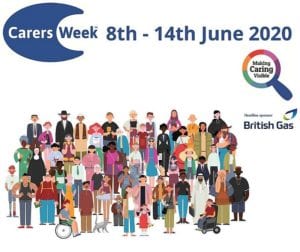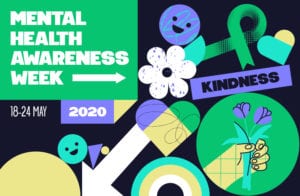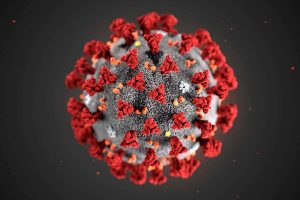The hot weather seems to be here to stay. Whilst it’s great for the sun tan, hot weather can have severe consequences for older people. However, by following a few easy guidelines, it’s easy to help older people stay safe during the summer months.
Heat illnesses are of particular concern to older people, infants and those with pre-existing respiratory and cardiovascular diseases.
In terms of older people, as we age, our bodies become less efficient at regulating temperature. Older people don’t sweat as much as younger adults, which unfortunately is one of the body’s most important heat-regulation mechanisms. Also, older people store fat differently, which complicates heat-regulation in the body further.
As the temperature rises, so too does your internal body temperature, especially when people are exposed directly to the sun or extremely hot environments. Consequently, older people suffer from heat stroke more often than younger people throughout the summer.
There are a variety of lifestyle and health factors that increase the risk of developing a heat-related illness:
- Dehydration
- Chronic illnesses (heart and kidney diseases; blood circulation conditions)
- Prescription medications that reduce sweating
- Salt-restricted diets
- Overdressing
- Lack of airflow or access to air-conditioning
Signs and Symptoms of heat-related illnesses to look out for in older adults
Early warning signs of heat exhaustion, which may precede the more serious heat stroke, include excessive sweating, tiredness, weakness, dizziness, headache and muscle cramps. Then as exhaustion progresses, symptoms may progress to nausea, vomiting and fainting. Heat stroke, though, is more serious, and it can set in within 10-15 minutes.
Heat stroke is caused when internal body temperature rises much faster than it’s lowered naturally. If the symptoms of heat stroke are present, call an ambulance. They include extremely high body temperature, the absence of sweating, confusion, seizure and coma.
Here’s what you can do to help those suffering from these symptoms: first have someone lie down in a cool place, and if you can put a fan directly on that person even better. Then take steps to lower body temperature. Air-conditioning, offering cool fluids, or providing access to a cool bath will also help.
Why Preventing Dehydration Is Important
Studies have shown that when you feel thirsty – just 2 percent dehydration – your ability to regulate heat begins to decline. For older people, who already struggle to manage internal heat, dehydration can deter the body’s natural cooling processes even more.
The NHS’s advice for coping in hot weather is:
- Shut windows and pull down the shades when it is hotter outside. You can open the windows for ventilation when it is cooler.
- Avoid the heat: stay out of the sun and don’t go out between 11am and 3pm (the hottest part of the day) if you’re vulnerable to the effects of heat.
- Keep rooms cool by using shades or reflective material outside the windows. If this isn’t possible, use light-coloured curtains and keep them closed (metallic blinds and dark curtains can make the room hotter).
- Have cool baths or showers, and splash yourself with cool water.
- Drink cold drinks regularly, such as water and diluted fruit juice. Avoid excess alcohol, caffeine (tea, coffee and cola) or drinks high in sugar.
- Listen to alerts on the radio, TV and social media about keeping cool.
- Plan ahead to make sure you have enough supplies, such as food, water and any medications you need.
- Identify the coolest room in the house so you know where to go to keep cool.
- Wear loose, cool clothing, and a hat and sunglasses if you go outdoors.
- Check up on friends, relatives and neighbours who may be less able to look after themselves.
For more information and guidance on heat related illness, see the NHS website.








